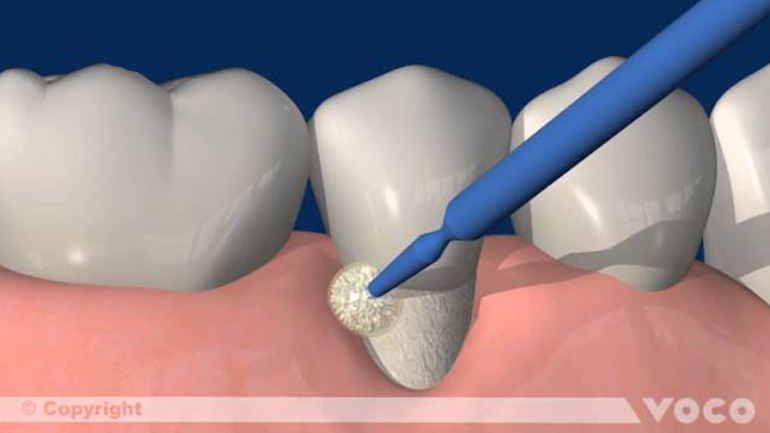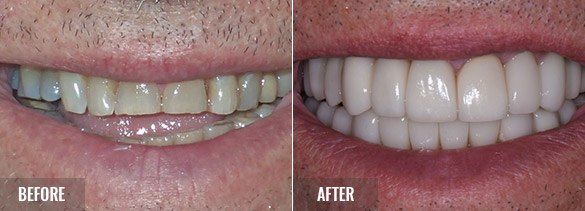Lepore Comprehensive Dentistry in Dunedin, Florida, is no stranger to resolving dental pain. Our talented team restores comfort and health promptly. Effective remedies for toothache start by first understanding the source of that pain.
Accurate diagnostics
To target the cause of your distress, we must understand the underlying condition at hand. Many oral problems are “silent” in their earliest stages. Or, symptoms may be so subtle that patients barely notice them.
A few common causes of tooth pain include:
- Irritation to the nerves inside the roots of your teeth
- Caries (cavities) that have progressed to the point of infecting the innermost pulp tissues (nerves)
- High bite (hyperocclusion), whereby you have stronger biting forces on some teeth versus others
- Cracks and fractures, which result from high stresses on the tooth, especially those that have been previously repaired by larger fillings
- Bacterial infections or abscesses that result from decay or trauma
- Teeth that fail to fully heal after Root Canal Therapy (RCT)
Toothache remedies for different causes
Depending on what we find during a comprehensive evaluation, treatment may include:
Equilibration
Gradual adjustments to a high bite. In addressing hyperocclusion, we support ideal contact between the opposing teeth in the upper and lower jaws. Your teeth, muscles, and joints can work together uniformly for optimal jaw movement and comfort.

Treatment of hypersensitive tooth necks. Another indication for Futurabond U treatment of hypersensitive tooth necks. Root dentine exposed by gingival recession is cleaned and dried. Exposed tooth neck is completely covered with Futurabond U, which is then wrapped in for 20 seconds. Solvents are removed by drying the adhesive layer with dry, oil-free air for 5 seconds. Then the material is light cured for 10 seconds which polymerizes the adhesive layer completely. The inhibition layer is removed with a foam pellet.
Desensitizer application
A desensitizing product is applied to clean and dry tooth roots, which may be exposed due to gum recession.
Root surface fillings
A tooth-colored dental composite is prepared, shaped, and adhered to repair lesions that make the tooth structure vulnerable to severe damage.
When repairing a non-carious cervical lesion, your doctor may recommend using composite to restore the structure, shape, and appearance of your tooth.
During the first step, the damaged portion of your tooth is prepared and shaped to allow the composite material to bond effectively to it. Next, a special bonding agent is applied to the prepared area. This bonding process helps to ensure that the composite will attach to the natural tooth structure.
A special curing light is then used to set the bonding fluid. Your doctor then applies the composite material to fill the prepared area and shapes it to match the contours of your tooth surface. Again using the special curing light, the shaped composite is hardened and set in place.
As a final step, your doctor will polish the composite to smoothen it and give it a similar sheen to the rest of your tooth.
Once completed, the lesion has been repaired, and your tooth structure is restored to optimal strength and appearance.
Gingival grafting
We can build up gums that have sustained recession by using grafts or donor tissue. The graft aids in returning the gumline to health. These techniques may also be used for recontouring and to create a more attractive gumline.
Root Canal Therapy (RCT)
“Saves” teeth that are threatened by injury or infection due to decay by removing the infected tissues (including nerves, so you won’t feel pain!). Then, the cleaned area is sealed off, and the tooth is preserved.
Root Canal Retreatment
If treated teeth do not heal properly, which leads to pain and reinfection, the restorative material may be removed. The canals are then re-cleaned and re-examined to ensure no additional or misshaped canals were missed during initial therapy. The tooth is refilled, sealed, and a new crown is placed.
Apicoectomy
Involves removing the residual infection at the end of a root. Once the tip is slightly reduced, the area is closed up and allowed to heal.
Call Lepore Comprehensive Dentistry at (727) 608-4690 to get into a healthy habit or back on the right track with proactive dental care.









